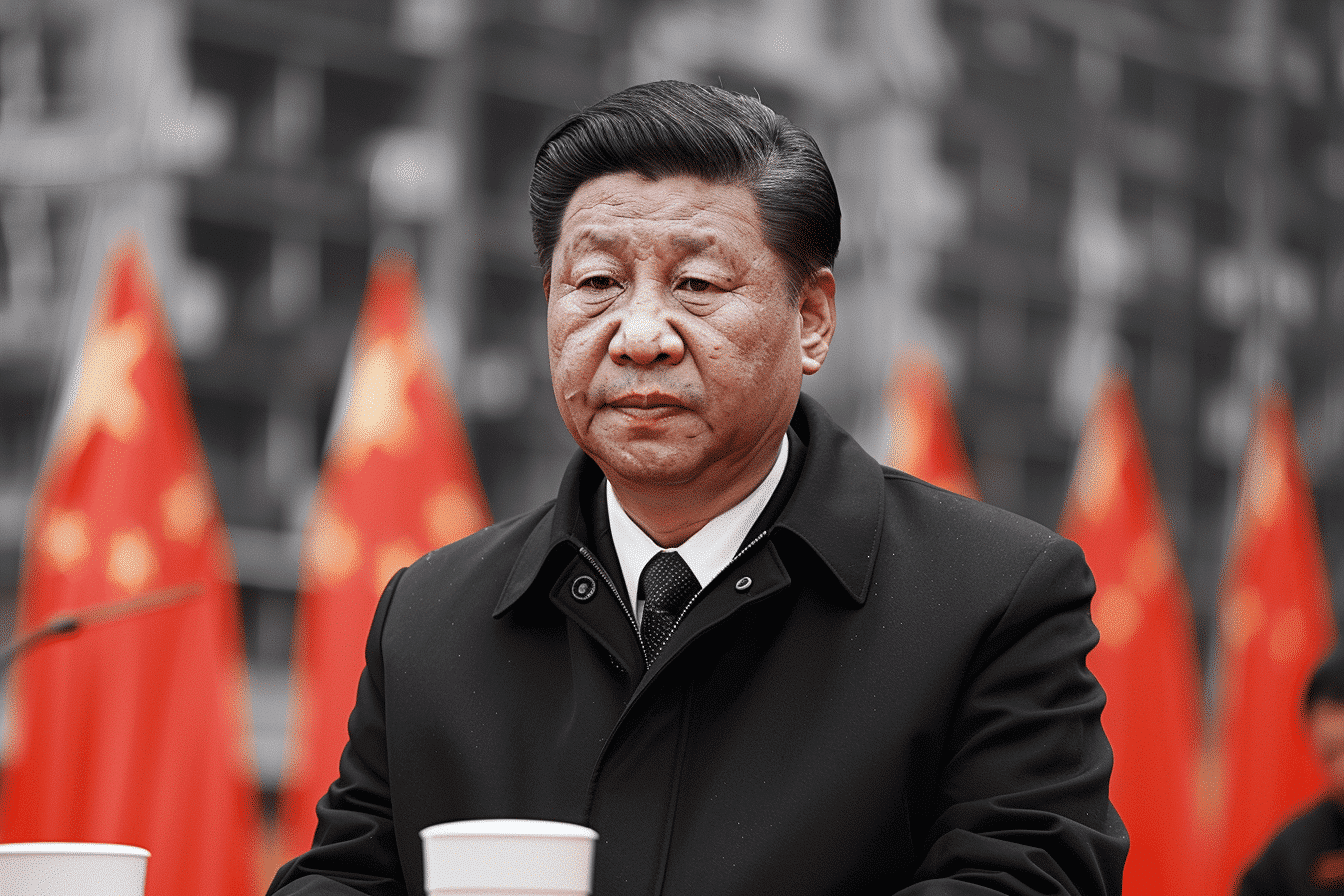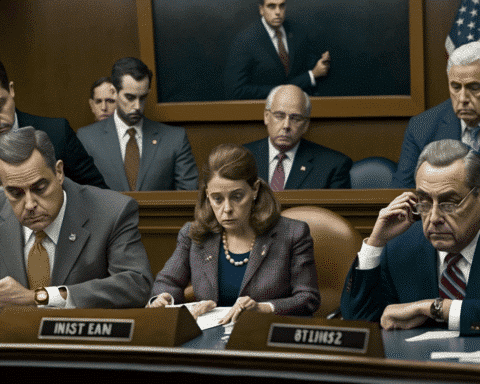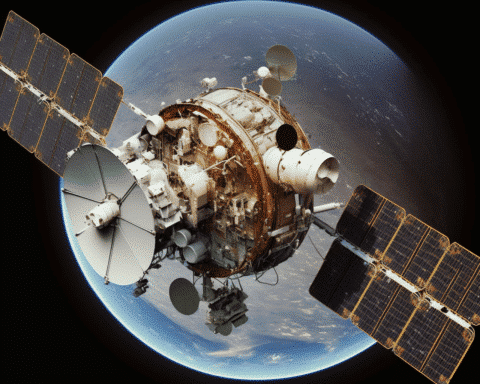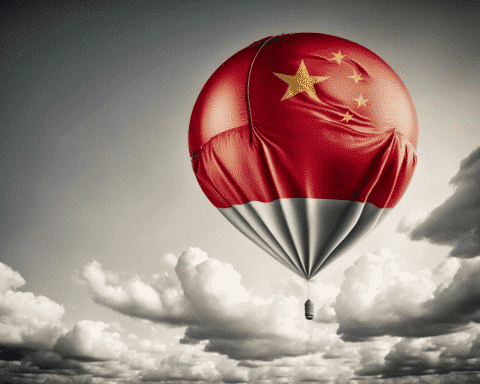China’s unveiling of its economic and fiscal targets for 2024 during a key confab has ignited discussions about the nation’s strategic priorities amidst escalating global tensions, particularly with the United States. The announcements offer valuable insights into Beijing’s economic blueprint and potential ramifications for the world economy.
One of the most notable revelations from the confab is China’s significant surge in military spending. With a 7.2% increase slated for this year, military expenditure is set to reach 1.67 trillion yuan ($232 billion), marking the largest boost in half a decade. This expansion underscores President Xi Jinping’s unwavering emphasis on bolstering the Communist Party’s armed forces, positioning China for enhanced military readiness and potential strategic dominance. Experts suggest that this surge in military spending could empower China to wield greater military coercion against peripheral neighbors, heightening concerns among neighboring countries and global stakeholders about regional stability and security.
Another key aspect of China’s economic strategy is its push for technological independence. With a 10% increase in spending allocated to scientific and technology research, totaling 370.8 billion yuan ($51.5 billion), China aims to reduce its reliance on American technology and assert its dominance in critical sectors. This includes promoting national champions and spearheading advancements in cutting-edge technologies, challenging the longstanding dominance of American tech giants. Beijing’s focus on technological self-sufficiency reflects its determination to break free from perceived American hegemony and establish itself as a global leader in innovation and technological prowess.
Amidst growing apprehension in advanced economies about China’s manufacturing investments exacerbating overcapacity issues, Chinese authorities have vowed to address these concerns. Efforts to prevent overcapacity in key industries signify China’s recognition of its role in the global economy and its commitment to mitigating trade tensions with other nations. By acknowledging and proactively addressing overcapacity issues, China aims to maintain stability in global markets and foster mutually beneficial trade relationships with its international counterparts.
Despite discussions of potential demand stimulus measures, such as trade-in initiatives to encourage household purchases, there appears to be limited follow-through on these efforts. This leaves deflationary pressures largely intact, posing challenges for global economic recovery efforts, particularly amidst ongoing supply chain disruptions and market uncertainties.
The confab also serves as a reminder of President Xi Jinping’s firm grip on China’s political landscape. With Premier Li Qiang seemingly having less authority than previously perceived, Xi’s dominance is reaffirmed, raising questions about the transparency and predictability of China’s policy decisions.




